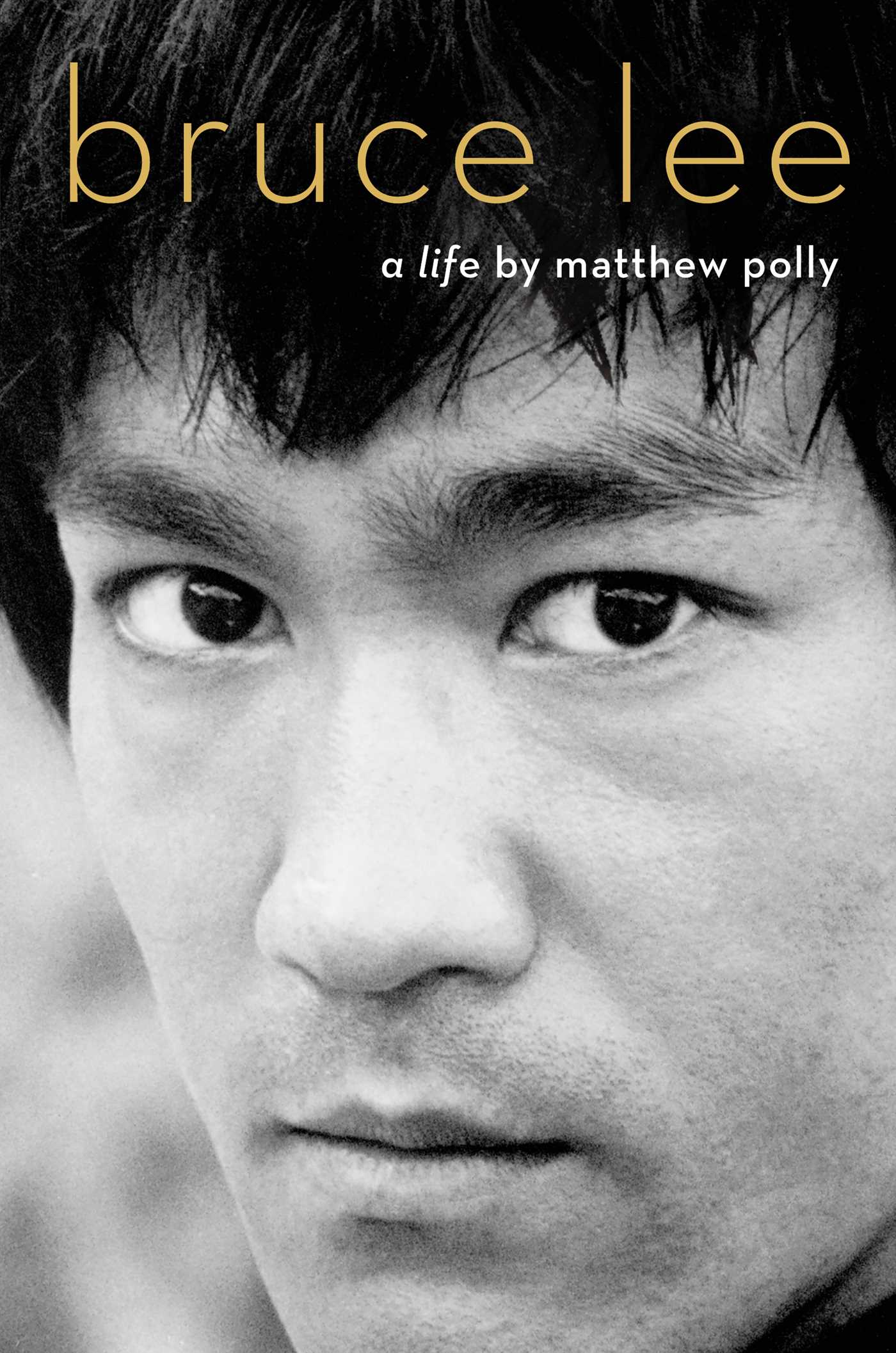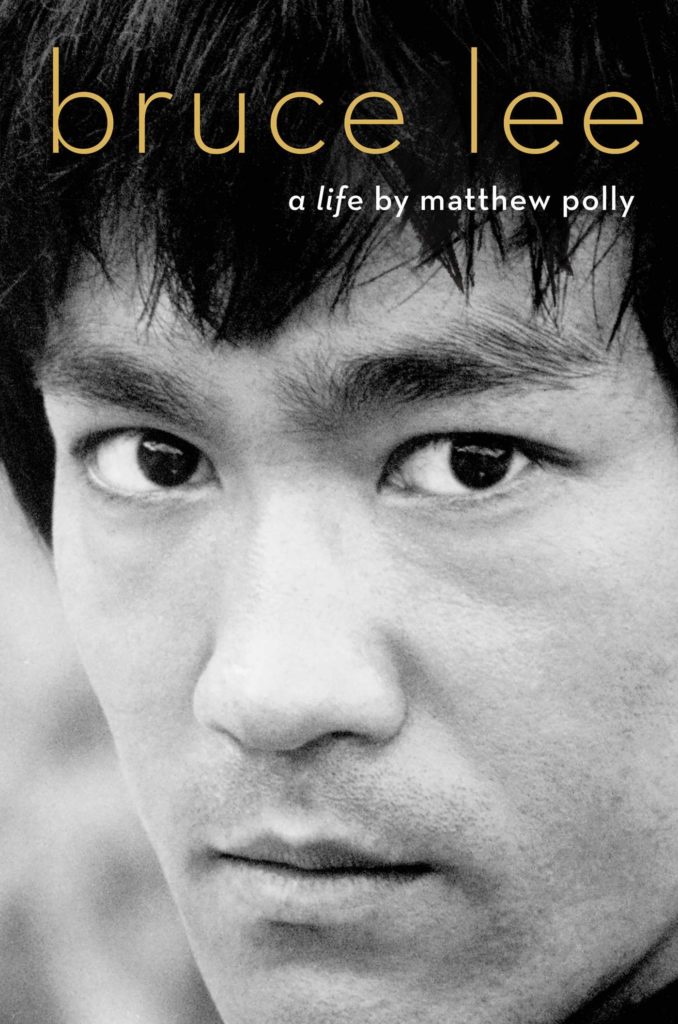
“Boards don’t hit back.”
I just started reading this today and it has already made me infinitely happier.
In 1993 I lived in San Francisco and went to whatever the Kabuki Theater was actually called at the time in Japan Center to see Rob Cohen’s “Dragon: The Bruce Lee Story.” I also saw Paul Thomas Anderson’s “Boogie Nights” there, and they had a disco ball with strobe lights that came down during all the movie scenes. It was the basically the best convenient place to see a movie in town then, and although I don’t currently have the money to see movies there anymore, it probably still is.
“Dragon” was ludicrously entertaining. It purposely envisioned Bruce Lee’s life as a Bruce Lee movie. Bruce Lee knew that the real fight between him and another martial arts master over whether he could teach non-Chinese students was an exhausting bore that didn’t last very long, he wouldn’t have wanted it filmed that way.
The opening scene of the movie is still perfect.
In what is obviously a complete work of fiction, a relatively tiny but muscular (but not as tiny as the real thing) Bruce Lee shows up just in time to confront a rowdy British Sailor, who is harassing a female friend of his. You see that he wore eyeglasses, you can indeed tell that he won whatever Cha Cha championship that he did win, his shirt comes off as quickly as possible, and you share his pure joy at enlightening the thug and his friends about who they have messed with. When the Sailor tries to stop Lee from butting in he says, “Get one of your own,” and Lee knowingly and firmly tells the Sailor “She is one of my own!”
Along with all the completely unlikely, but infinitely entertaining fight scenes, the movie still depicts a boat ride where a Chinese teacher tells Lee about the phrase “not a Chinaman’s chance” and the history of their people in America. Lee talks about how much he loves American pop culture, and that he is different, and fittingly they are both right.
It made people remember Mickey Rooney in “Breakfast at Tiffany’s” with the proper outrage. It showed how many books Lee read. It showed his scholarly side, and it showed exactly how he felt about sharing his culture, which he seemingly reflected in every filmed interview he ever gave.
“You know what I want to think of myself? As a human being. Because, I mean I don’t want to be like ‘As Confucius say,’ but under the sky, under the heavens there is but one family. It just so happens man that people are different.”
“Dragon” was a great starting off point, and my guess is that Bruce would have been very happy to finally see a big budget movie of his life presented exactly that way.
The actual history in the movie made you want to go out and scour the earth for what was true and what wasn’t.
Ty Cobb died in 1961, and his legacy was tainted by one petty biographer that made people think that they knew exactly who he was until this came out in 2015:
In 1994, Ron Shelton, who has made many great and knowing fictional movies about sports, used the exact wrong source material to make a horrible movie about Cobb. A movie that probably should have been made by Martin Scorcese, who had basically already made it when he made “Raging Bull,” and a movie that committed the cardinal sin of never showing him in his youth. If you look at what I wrote about it at the time, I knew it was a terrible movie, but sadly even I didn’t have an inkling about just how terrible it actually was.
Lee Blessing, wrote a brilliant play with the same title. It depicted a young Ty, a middle aged Ty, and an elder Ty, who all hilariously and frighteningly at one point draw guns on each other. It also depicts Oscar Charleston, who would have to go down in history as the “black” Ty Cobb.
Blessing’s play was written in 1988, I saw it in San Francisco probably exactly around the time “Dragon” came out. Most people don’t go to see plays but everyone has seen “Field of Dreams” and that will still be how Ty Cobb will probably be remembered.
Spike Lee went to war with Norman Jewison in order to be able to film the life of Malcolm X. I was pretty much one of very few white people at it’s Oakland premiere (Rodney King was there both in person and on screen), and everyone there was indeed looking for their own Malcolm be to be portrayed.
I got to shake hands with Muhammad Ali during this same time period, and even in the pretty much silent state that he was in you can read there how truly upset he still was about that battle over his and Malcolm’s legacy and friendship.
“The Autobiography of Malcolm X” is still the best book I have ever read, but Malcolm for at least 95% of his time on the planet fiercely believed the exact opposite of what Bruce Lee felt about the same subject seemingly from at least the first time he set foot in America when he wasn’t an infant.
I’ve already heard someone say that Matthew Polly shouldn’t have been the person to take on this massive undertaking, but with minimal research it seems like he is the perfect person to do so.
Maybe 20% of Americans and the world want to bicker about Malcolm’s legacy. Nearly every person on the planet wants to claim Lee as one of their own and that is exactly the beauty of Bruce Lee.
After I saw “Dragon,” I scoured Japan Center and Chinatown for books on Lee, and they were all uniformly cheap and terrible. That just made the hunger for something well done even more palpable.
In 2000, as much as possible was done to rescue Lee’s real intent and real footage from “Game of Death” in “Bruce Lee: A Warrior’s Journey”.
I’ve watched every video on YouTube that I could find and there are thousands of them. There to the best of my knowledge before this existed not even mediocre book about Bruce Lee.
Perhaps no person ever was in more need for just such a book. There isn’t a single human I can think of whose life spawned so many different mythical and/or real tales, and no one who inspired more passion from the people who would tell their version with such ferocity to either defend or denigrate.
By the very nature of where he came from, where he first succeeded (whether you consider that to be Hollywood, Hong Kong, or anywhere else), and the genre of his work as a film artist, philosopher, teacher, peacemaker, or street fighter, I can’t imagine it is possible to have a person whose legacy has been so cheaply exploited for so long even given the fierce loyalty of the true family and friends that still remain since his still mysterious death that will soon be reaching it’s 45th anniversary.
Add on his son’s mysterious death right before “Dragon” came out, and the fact that he could have probably become a huge film star even without his martial arts training, and its just such an insane task that to think it could be accomplished seems infinitely unlikely.
I honestly can’t imagine a more impossible to write and research biography on any figure who has lived in the past 100 years, where more people have literally so much on the line.
Yet, I’ve only just scratched the surface of the book, and it seems like such a amazingly fitting time for this book to come out given the similar arguments that exist today about who or what constitutes an American citizen, and the greed and profiteering that arguing about it accompany.
Within the first 30 pages, you will discover the real horrors of people who had to walk so many different cultural, colonial, imperial, class, and even sexual gender lines for so long, and the huge task that Bruce Lee almost demanded that he embody.
The book has every right and reason in the world to not be good. If someone wants to try and write a better book on its subject, I’ll do the same thing I have with every book that has been written about Bruce Lee and indeed about his nearly impossible to portray counterpart and hero Muhammad Ali. I’ll read another book.
There are college libraries full of good and bad books on Ali, written for honest reasons or otherwise.
As best I can tell, before “Bruce Lee: A Life” there wasn’t even a consensus bad book to read about Lee.
So all I can do is thank Matthew Polly for taking on such a gargantuan task, and run back to read every word of it so I finally have a clue about what actually happened and can then resume arguing that had he so wanted Bruce Lee could have could have taken down any man ever in a no holds bar fight. Finally, his legacy has the same chance.

